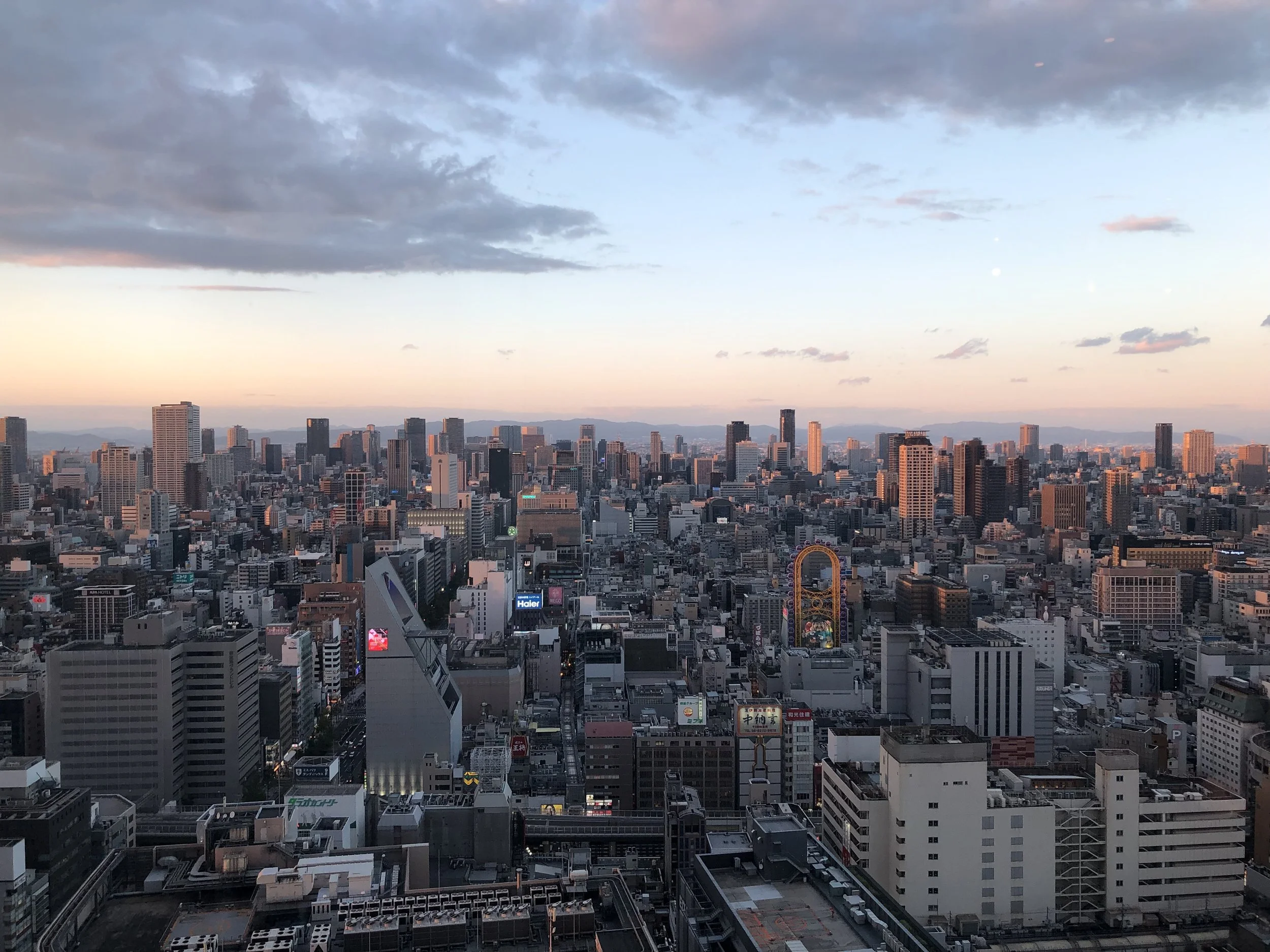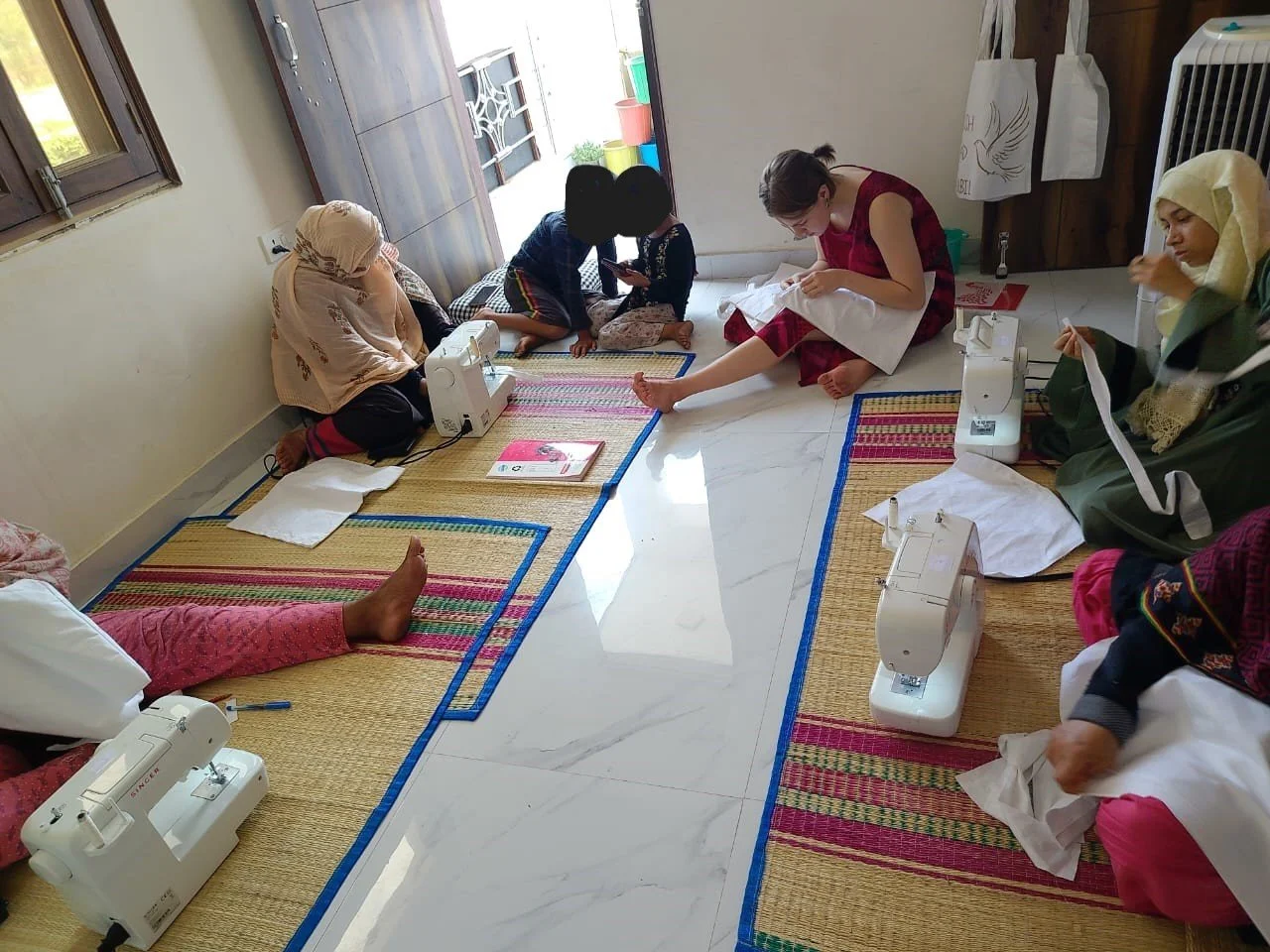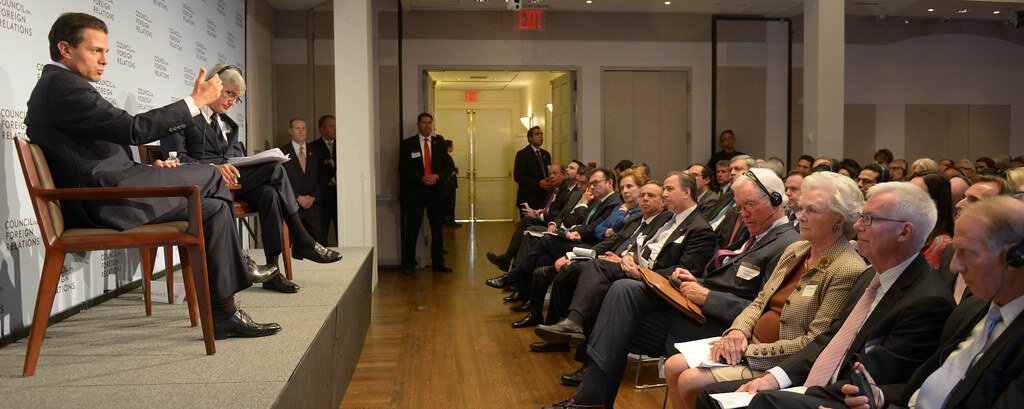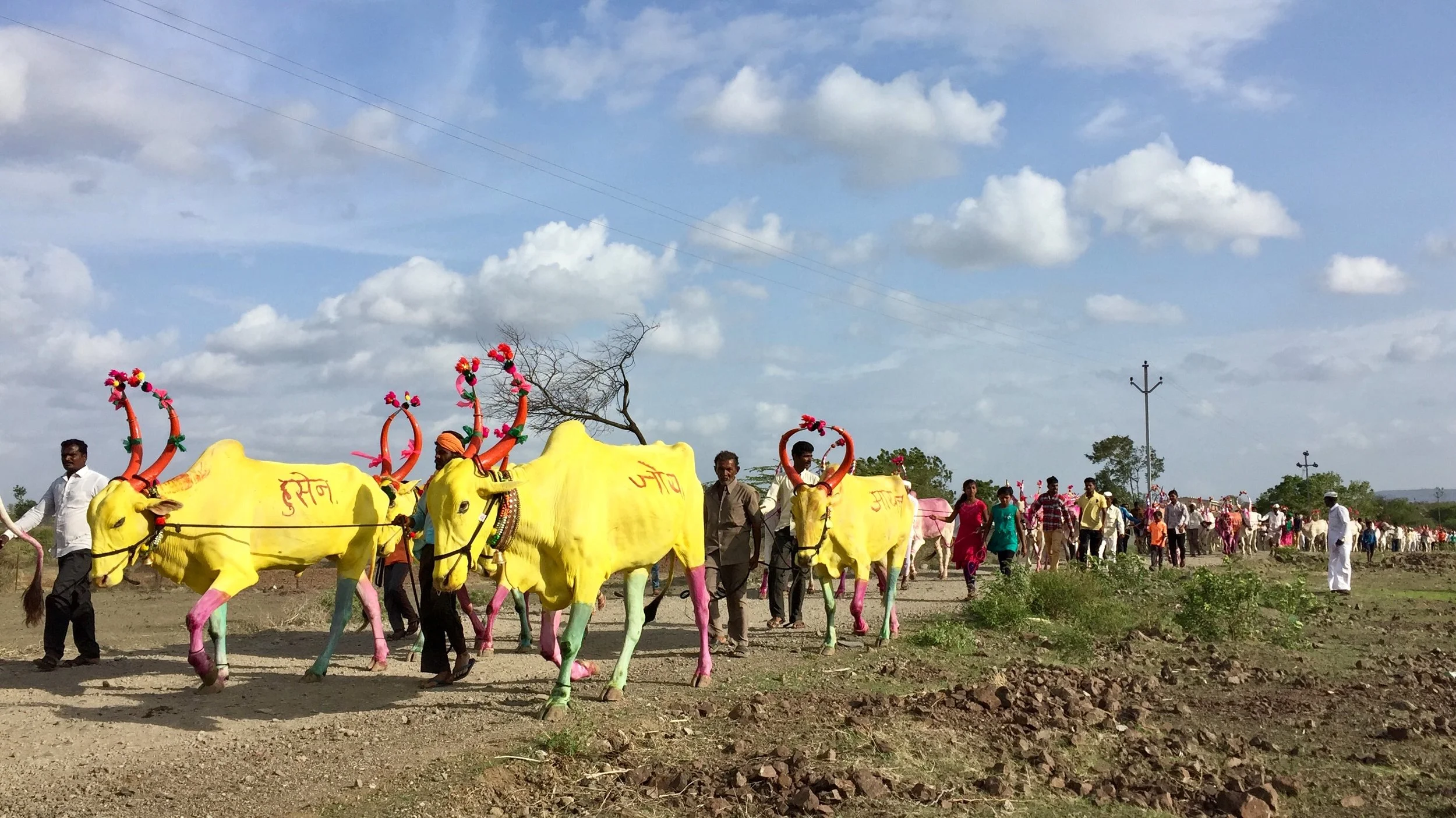BY MAGGIE JONES
Maggie Jones is a second year MAIR student focusing on Development, Climate, & Sustainability and the Americas. She spent her first year in Bologna. She graduated with honors from the George Washington University with a Bachelor of Arts in International Affairs and a concentration in Conflict Resolution. Maggie is originally from Columbia, South Carolina and in her free time enjoys being outdoors, making art, and reading.
Perspectives: Where did you intern this summer?
MJ: This summer, I interned for the Azadi Project.
Perspectives: How did you find this internship, and what was the hiring process?
MJ: I found this internship through the SAIS Resume Book. The founder and executive director, Priyali Sur, is a SAIS alum. The hiring process entailed a typical application consisting of a resume and cover letter, and then an interview.
Perspectives: What were your primary responsibilities? Please describe the projects you worked on.
MJ: Due in part to the Azadi Project being a small organization and in part to the trust my boss placed in me, this summer I was able to work on a variety of projects and have a degree of control over what I wanted to work on. My work included researching and applying for grants, researching, writing content, and outreach for Azadi’s annual event and smaller events, and a little bit of social media work.
During the second half of my internship, my work was focused on the creation of a new livelihood skills project for Rohingya refugees and marginalized Indian women. The first step in this process consisted of interviewing women living in a Rohingya refugee settlement to determine how they wanted and needed our assistance. The women overwhelmingly expressed a desire to learn to use sewing machines, so I began crowdfunding to raise money to purchase machines and other supplies. I then began teaching sewing classes three times a week for two batches of four women each. After mastering the basics of using the machines, I taught the women to make tote bags. The Azadi Project is now selling these bags both in India and the US at events and through their Instagram. It felt great to be able to give the women back 100% of the profits after selling their bags.
Perspectives: Was there previous coursework or work experience that you found especially useful during the internship or the application process?
MJ: It is a bit nontraditional, but I found that the lessons I learned through my time volunteering as a crisis counselor for the Trevor Project were particularly relevant. Particularly, I think my ability to remain calm and adapt quickly to change was relevant as situations can change quickly at a small nonprofit due to government or funders actions. This skill was especially necessary for the time I spent in the field, working in a refugee settlement and nearby women’s center. Also relevant was my ability to cope in a healthy manner to witnessing and hearing about other’s trauma, as many of the women I worked with had been through repeated traumatic events and I believe the poor living conditions in the settlement can be considered a type of trauma themselves.
Regarding coursework, I found the course Circular Health with Ilaria Capua to be the most relevant. In the settlement, I learned about many health conditions faced by the residents because of the unhealthy environment in which they lived.
Perspectives: What were some of your key takeaways from this internship for your academic and professional interests?
MJ: One key takeaway from this internship is that you should not be afraid to apply for positions that do not align perfectly with your existing knowledge. I was hesitant in applying for this position because South Asia was not a region I had previously focused on. However, during this internship I greatly expanded my knowledge of politics in India and South Asia, specifically regarding Refugee populations and rights.
Another key takeaway from this experience is the importance of not making assumptions as each country and cultural context is very different, even if you are working on the same issue. For instance, I learned much about the challenges faced by refugees in India due to India not being a signatory of the UN Convention on the rights of Refugees. Additionally, within the settlement the women had vastly different education and English levels despite having the same economic status, culture, and ages.





















